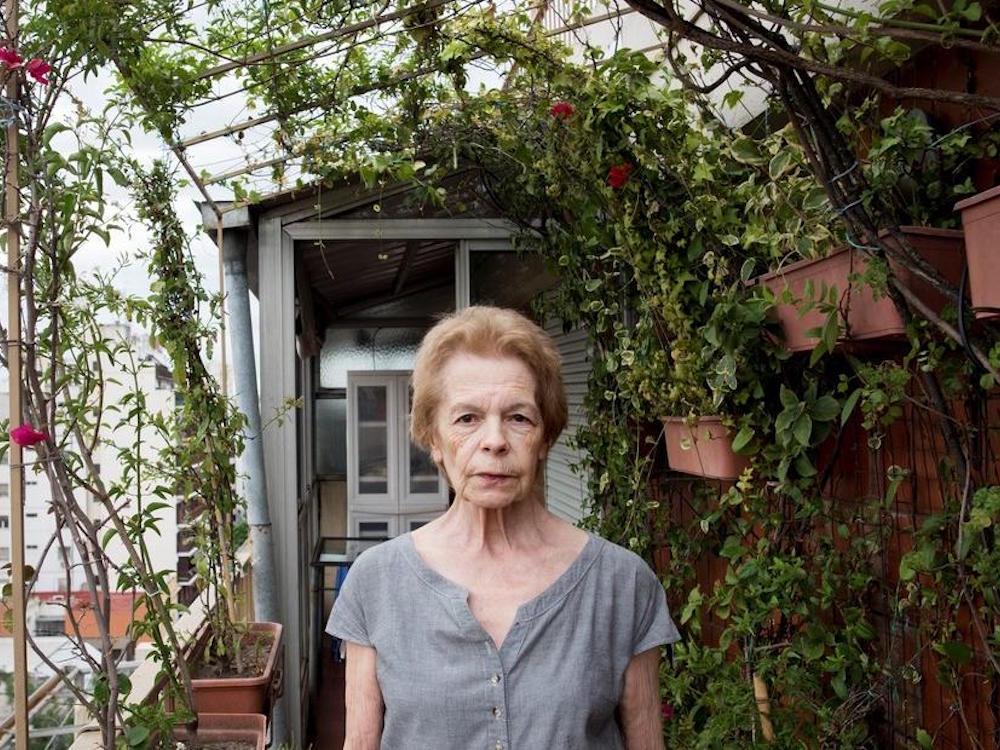【100% Natural Friend’s Older Sister (2025)】
Listen to Hebe Uhart00% Natural Friend’s Older Sister (2025) Now That She’s Gone
Best of 2019
We’re away until January 6, but we’re reposting some of our favorite pieces from 2019. Enjoy your holiday!

Hebe Uhart. Photo: Agustina Fernández.
In section 16, grave 34 of the Chacarita Cemetery in Buenos Aires, pumpkins and tomatoes now grow. Pumpkins and tomatoes, just like that. A scene that could have been written by Hebe Uhart, who, since October 12, 2018, has lain in a grave there. An image worthy of her stories: reality interrupted by strangeness. “A story is a little plant that’s born,” Uhart used to say that Felisberto Hernández used to say. Hernández was one of her go-to authors, along with Natalia Ginzburg, Fray Mocho, and Simone Weil. Uhart starts her magnificent story “Guiding the Ivy” by announcing, “Here I am arranging the plants so they don’t overcrowd one another, pulling off dead leaves, and getting rid of ants.”
*Some time ago, at the launch party for one of her books, Hebe Uhart—born in 1936 in Moreno, Argentina, author of some fifteen volumes of stories, novels, and chronicles, winner of the 2017 Manuel Rojas Ibero-American Narrative Award, rural schoolteacher, philosophy professor in her youth and leader of literary workshops until the end of her days, curious in the extreme, chronic traveler, and admirer of the animal kingdom—confessed the following:
I follow Chekhov’s advice, which I believe in absolutely: forget about the content of what the characters say and pay attention to how they say it, look at how the characters move, how they walk, how they are silent. I’m interested in people’s specificity.
How we move, how we walk, how we keep quiet: that is what Uhart observes in each of us. But also how we pause, how we sneeze, what onomatopoeias we use, how our being is revealed through everyday gestures that at times can contradict the ideas we claim to hold. It’s through these minute observations, and her repudiation of generalities, that the writer unfurls her tentacles to construct her characters. And along the way she sets the coordinates for a wisdom of her own, old and at the same time very simple: one of permanent awe. In the pages of her books are the primordial questionings, the first attempts to understand the world—“the who-am-I’s and the what-am-I-like’s,” as the protagonist of one of her stories says. What are we? Where are we going? Where did we come from? The classic questions of philosophy are in her pages anchored to the most domestic of situations. Hebe Uhart trains her eye on the things we witness so often that eventually we stop seeing them.
Read more >>






Related Articles